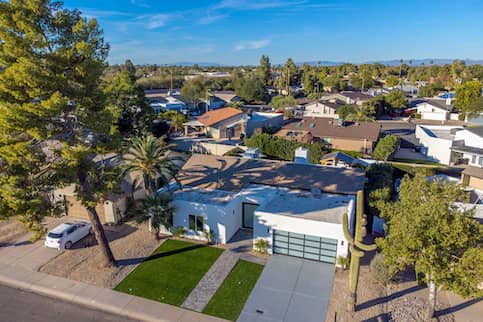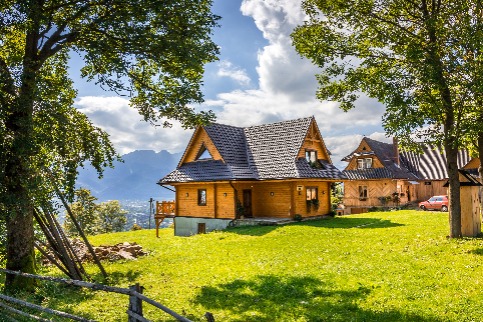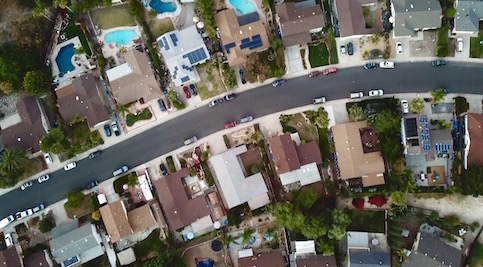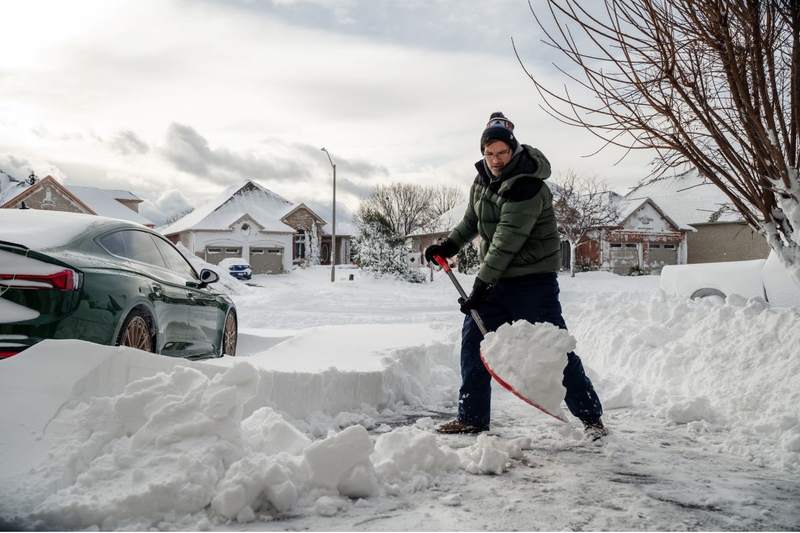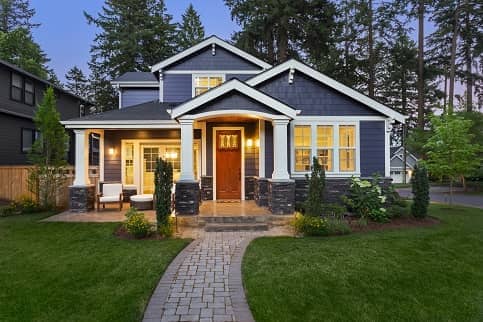Zoning laws, regulations and ordinances are important to understand if you want to buy a home. That’s because these rules are passed by local governments to protect the character of neighborhoods and regulate land use in any given municipality.
The existence of zoning laws effectively provides structure to the layout of different localities. They also govern where certain property types may be located in towns and cities. It explains why you won’t find office buildings in your backyard or fast-food restaurants next to your house. You may even find that zoning ordinances and regulations affect the price of housing in your area as well.
While it’s important to understand what zoning is exactly, odds are you probably haven’t had a chance to familiarize yourself with it. Here, we look closer at how zoning laws affect property rights, what they consist of, and how zoning ordinances affect you and your home.
What Is Zoning?
Zoning laws regulate the use of land to protect the health and safety of a community. They do this by restricting how parcels of land can be developed and used. This allows local governments to control how neighborhoods are developed.
If you’ve heard districts described as residential, industrial or commercial, you’ve already got an idea of how zoning laws work. If, for instance, an area is zoned strictly for industrial or commercial purposes, you won’t find housing there.
Likewise, certain areas may be zoned for multiple purposes, such as mixed-use or transitional districts, where you may find single or multifamily homes alongside business properties. Another example is areas zoned only for single-family homes, with an exception for community or religious buildings.
In other words, zoning laws are designed to provide a sense of cohesion to different areas and promote the health, well-being and safety of various communities. Ordinances and codes effectively provide a means for local governments to ensure that families don’t have to live next door to factories or for premium office buildings to share sidewalks with dilapidated and rundown apartments.
You may also see zoning laws applied to certain specific construction practices, such as regulating minimum lot sizes, maximum building heights, and how far homes need to be set apart.
What’s Your Goal?
Buy A Home
Discover mortgage options that fit your unique financial needs.

Refinance
Refinance your mortgage to have more money for what matters.
Tap Into Equity
Use your home’s equity and unlock cash to achieve your goals.
The History Of Zoning Laws
Before zoning laws came along in the early 1900s, nuisance laws were typically how these matters were handled. However, neighbors taking one another to court on an individual basis was an inefficient system. Zoning laws gave cities a mechanism to implement and enforce property standards, streamline the process, and head off legal challenges before they popped up.
Zoning codes, which describe how specific plots of land can be used – meaning commercial, industrial or residential – were implemented as part of this process. Look closely at your town, and you’ll find that your local government has carved up different pieces of its jurisdiction into zones along these lines. Whether you live in a suburban hotspot, urban jungle or rural community, zoning codes decide what can be done in a specific area.
Also, keep in mind that it’s not uncommon for different regions and cities in America to have different zoning laws. They vary from town to town because they’re set by local governments, municipal corporations or counties. Generally, they are designed to keep the peace and preserve communities’ character.
Ready To Become A Homeowner?
Get matched with a lender that can help you find the right mortgage.
How Do Zoning Laws Work?
Think of it this way: Urban planning is a practice designed to shape the layout of cities and streamline and enhance how we live, work, play and otherwise go about our daily lives. Zoning laws and codes provide a means through which to do so.
Planners often start by considering how zoning can define an area’s character. Part of the process typically involves a master plan, which is a comprehensive document outlining a municipality’s needs and goals. They then write zoning ordinances that implement those plans.
Take The First Step To Buying A Home
Find a lender that will work with your unique financial situation.
The Different Types Of Zoning Regulations
Several types of zoning regulations describe how land in specific areas can be used.
Residential Zoning
Municipalities usually create residential districts where homes of various types can be built. A common difference is whether an area is zoned for single-family or multifamily homes. These rules vary. For example, a single-family home in a more exclusive and secluded neighborhood may have different zoning restrictions than a multifamily apartment building in the city’s center.
Business Zoning
Also called commercial zones, business zones are home to office complexes, shopping centers, hotels, small businesses, restaurants and other centers of employment and commerce. Buildings housed in business districts may be subject to restrictions on building height, parking and how far back from the roads a structure must be.
Industrial Zoning
Larger businesses such as warehouses, manufacturing facilities and airports generally are in industrial zones. Industrial zones are typically located away from residential zones to avoid affecting residents’ health and property values.
Historic Zoning
It’s common for older municipalities to establish historic zones to protect structures and buildings deemed historically significant. If you buy a home in a historic district, zoning laws likely will be more strict to preserve the area’s look and feel.
Agricultural Zoning
Agricultural zones are generally found in rural areas suited to farming. Agricultural zoning regulations provide farms with adequate space to operate productively and efficiently.
FAQ
Here are answers to common questions about zoning laws.
The Bottom Line
Local governments pass zoning laws to regulate land use. By enacting ordinances and codes, municipalities can grow in an orderly and controlled fashion. Zoning laws are why you usually don’t find industrial buildings next to single-family homes. Zoning ordinances can vary from town to town. If you’re considering building or buying a home, check with local authorities to ensure that zoning laws conform to your expectations.

Scott Steinberg
Hailed as The Master of Innovation by Fortune magazine, and World’s Leading Business Strategist, award-winning professional speaker Scott Steinberg is among today’s best-known trends experts and futurists. A strategic adviser to four-star generals and a who’s who of Fortune 500s, he’s the bestselling author of 14 books including "Make Change Work for You" and "FAST >> FORWARD." The CEO of BIZDEV: The Intl. Association for Business Development and Strategic Planning, his website is www.AKeynoteSpeaker.com.
